Tag: elections to watch
-
Special election to be held in Maine Senate district
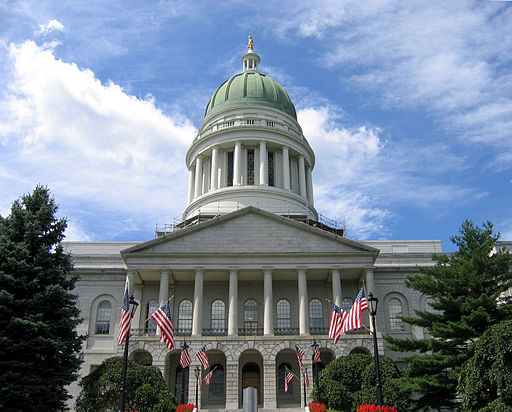
A special election is being held on March 9 for District 14 of the Maine State Senate. Small business owners Craig Hickman (D) and William Guerrette (R) are running in the general election. The seat became vacant on December 2 after Shenna Bellows (D) declined to be sworn in for her new term. The Maine…
-
Recall elections to be held in 3 Idaho school districts
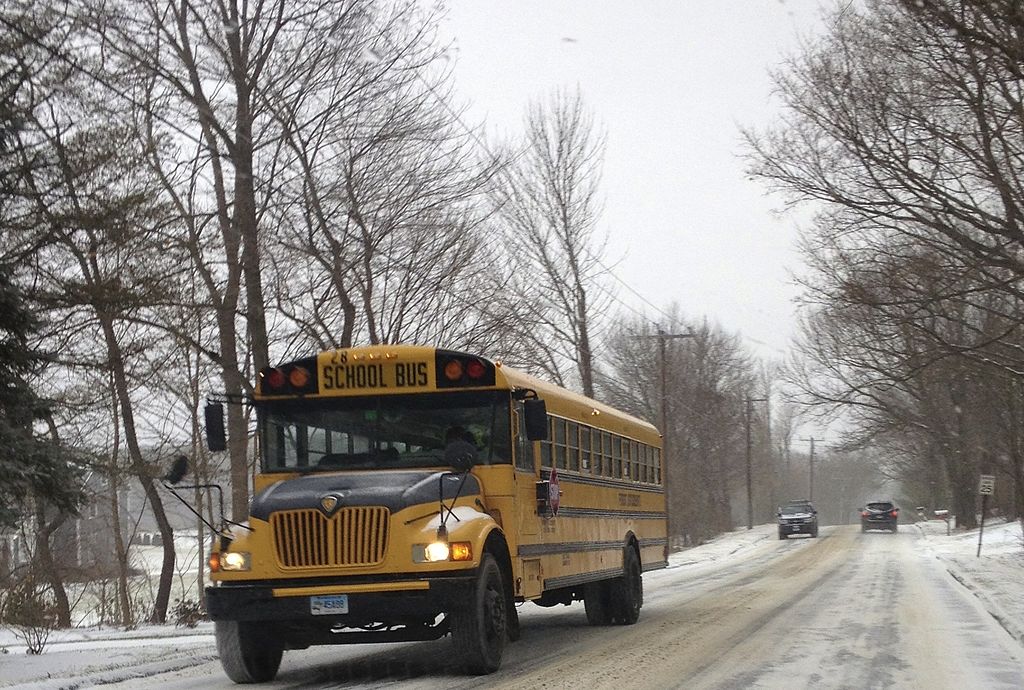
Recall elections in three Idaho school districts—Pocatello-Chubbuck, Idaho Falls, and Nampa—are scheduled for March 9, 2021. Five board members are facing recall across the three districts. Three school board members—Zone 1 representative Jackie Cranor, Zone 2 representative Janie Gebhardt, and Zone 5 representative Dave Mattson—will be on the ballot in the Pocatello-Chubbuck School District. The…
-
Voters in Connecticut state Senate district to decide special election on March 2

The special general election for Connecticut State Senate District 27 is on March 2, 2021. Patricia Miller (D), Joshua Esses (R), and Brian Merlen (Independent Party) are competing in the special election. No primary election was scheduled, as candidates running for special elections in Connecticut are nominated through party conventions. The special election was called…
-
Seven candidates running in special primary election for California Senate District 30
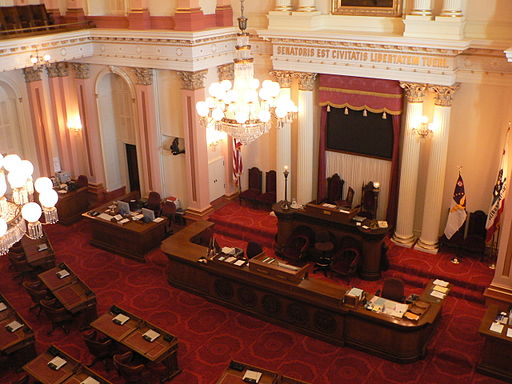
The special primary election for California Senate District 30 is on March 2, 2021. Seven candidates are competing to advance to the general election scheduled for May 4. The filing deadline to run passed on January 7. California holds top-two primary elections. The two candidates who receive the most votes in the primary advance to…
-
Voters in Texas House district to decide special election runoff on Feb. 23
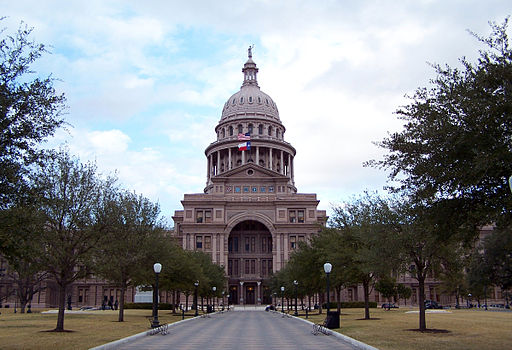
A special general runoff election is being held on February 23 for District 68 of the Texas House of Representatives. Craig Carter (R) is facing David Spiller (R) in the runoff. Carter and Spiller advanced from the general election on January 23, earning 18% of the vote and 44% of the vote, respectively. Governor Greg…
-
Partisan control of U.S. Senate will come down to Georgia
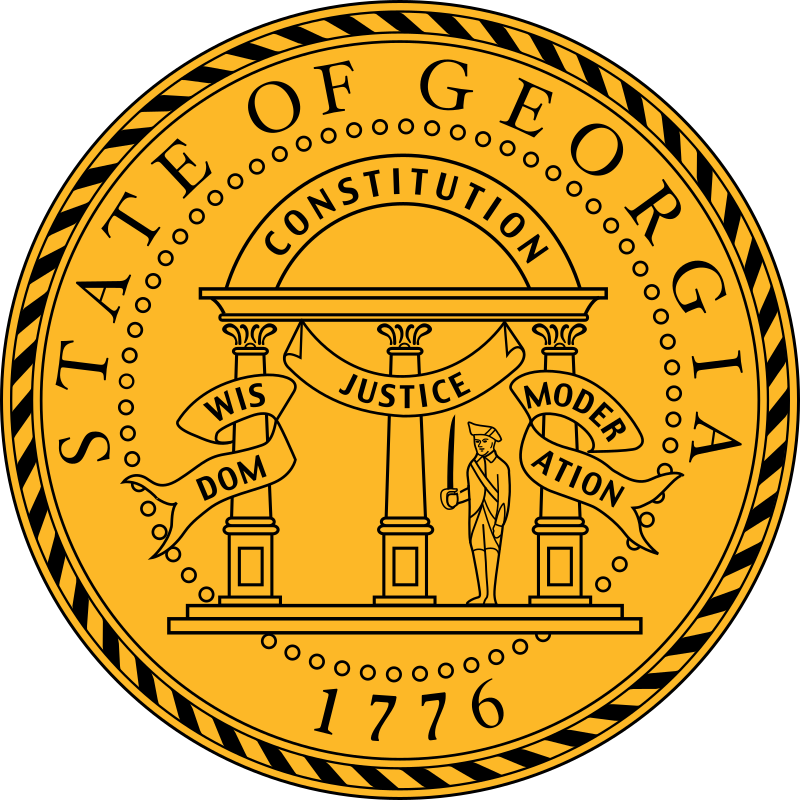
Two of the 35 Senate races held in 2020 remain uncalled: the regular and special Senate elections in Georgia. Republicans have secured 50 seats in the next Senate, and Democrats have secured 48 (including two seats held by independents who caucus with Democrats). Control of the Senate will come down to Georgia. Democrats would need…
-
15 races we’re watching in 2020
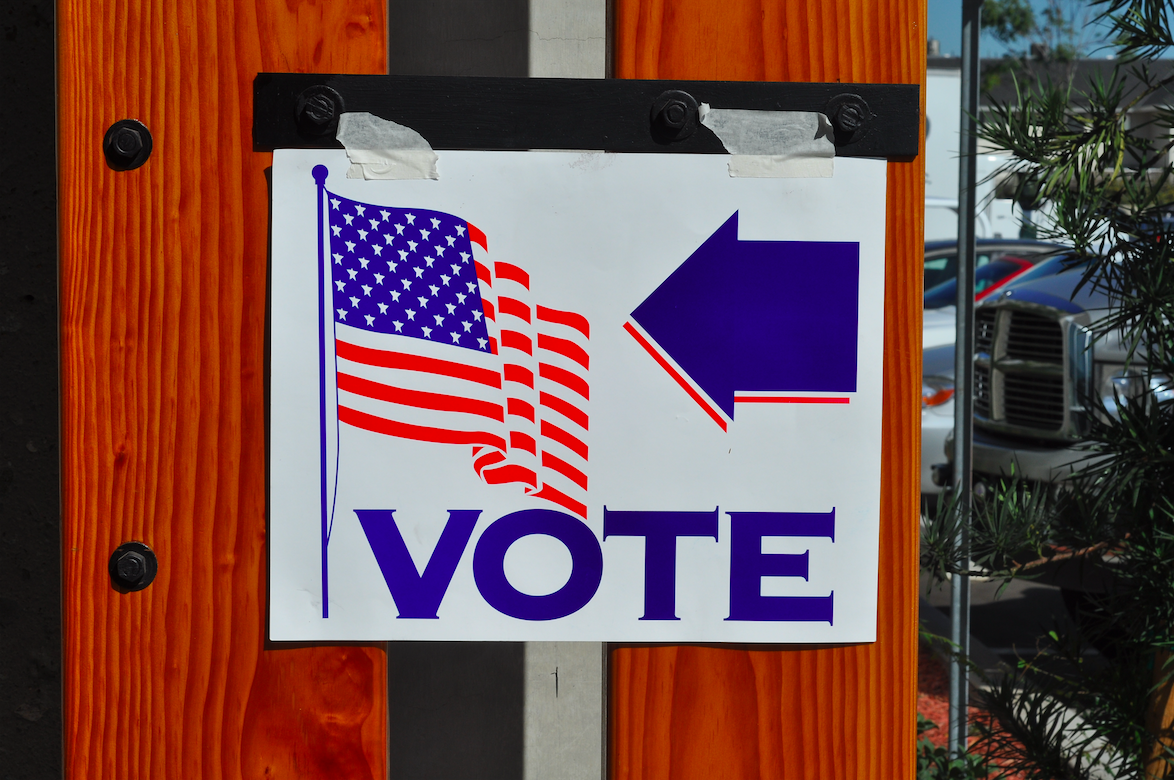
On November 3, Americans will elect thousands of offices up and down the ballot, including the presidency, 35 seats in the U.S. Senate, all 435 seats in the U.S. House, 11 governorships, and 5,875 seats across 86 state legislative chambers. Ballotpedia has identified the top 15 races we’ll be watching (the presidential election aside), listed…

